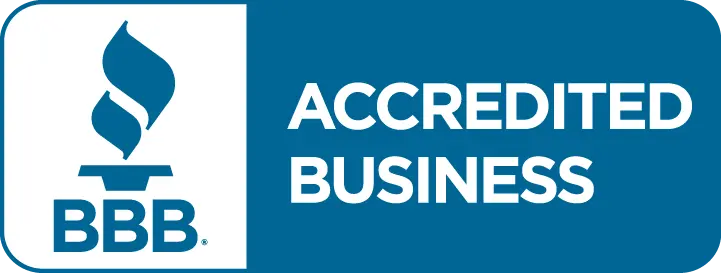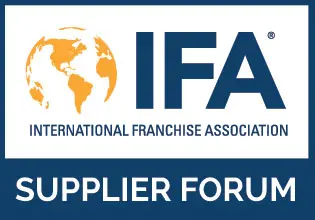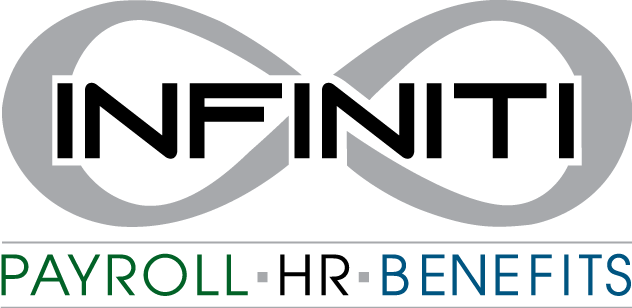Blog
Our blog offers important resources, helpful articles, and practical ideas on the human resources topics that matter to you.
Our blog offers important resources, helpful articles, and practical ideas on the human resources topics that matter to you.
Home / 2018 Update: Unpaid Intern or Employee?
Over the past six years, a wake-up call for employers who use unpaid interns had been brewing. Court cases publicized the issue, and in January of 2018, the Department of Labor (DOL) established new classification tests to accommodate court decisions.
Triggered in a 2012 case against Harper’s Bazaar, and further publicized in 2013 by a verdict against Fox Searchlight for the 2010 film ‘Black Swan’, the proper use of unpaid interns had become a matter of close legal scrutiny, and hence increasing importance for employers.
In the ‘Black Swan’ decision it was ruled that Fox Searchlight should have paid two interns on the film because they were essentially regular employees. The judge noted that these internships did not foster an educational environment and that the studio received the benefits of the work.
The matter was further addressed in court decisions and finally addressed by the DOL in January of 2018 with the update of fact sheet #71, in which new test parameters were outlined to assess who does and does not qualify for unpaid intern or student status.
How do employers avoid the risk of finding themselves on the defense in their use of interns?
Reviewing and updating internship programs and policies to comply with federal and state standards is a critical first step. To avoid liability, employers can protect themselves with a clear understanding of the definitions of “interns & students” v. “employees” as set by the U.S. Department of Labor (DOL).
Viewing unpaid internships as a way to accomplish work tasks rather than as educational programs is the wrong approach for employers. To set the expectations, the DOL now provides a detailed test to examine a position for “intern” status and if it qualifies, minimum wage and overtime exemptions may take place.
How does an employer determine if a student qualifies as an intern versus an employee?
Fact Sheet #71 lays out the following seven factors which allows courts to examine the “economic reality” of the intern-employer relationship and to determine which party is the “primary beneficiary” of the relationship.
If an employer’s internship program substantially meets the factors listed above, then the intern is not considered an “employee” under the FLSA and the Act’s minimum wage and overtime obligations do not apply to the intern.
Employers should keep in mind that the test is “flexible” and no one single factor is meant to control the classification decision process. This is somewhat of a change from previous versions of the DOL’s classification tests, where all factors in the test had to be met.
What specific practices can I engage in to protect myself from misclassifying positions?
The risk lies in not accepting that, as an employer, you cannot view internship or training programs as a path to free or inexpensive labor.
Like with any other employment practice, proactive vision, detailed planning, training, documentation, and execution will help to ensure that your organization can give back to your industry’s community by supporting internships. Done well, internships help to build your organization’s reputation, philanthropic efforts, culture & brand, and ultimately, your appeal to candidates in recruiting efforts.
If you wish to develop an internship program, but don’t know where to start, be sure to seek expertise from a qualified HR professional for assistance.
Click the link to view the recent INFINITI HR blog Job Market Report Trend: Interview No Shows or check back for more on human resources, payroll, insurance and benefits.
Join the INFINITI HR family! Subscribe to our newsletter and get the latest HR news and tips.
INFINITI HR helps companies reduce costs by managing human resource functions while allowing businesses to focus on their core operations that impact profitability. Our platform provides full regulatory compliance management, on-demand HR guidance, real-time payroll /tax filing, POS integration and access into industry leading True-Group master policies for workers’ compensation, employment practices liability insurance, and other operational business coverages.
Toll free: 866-552-6360






